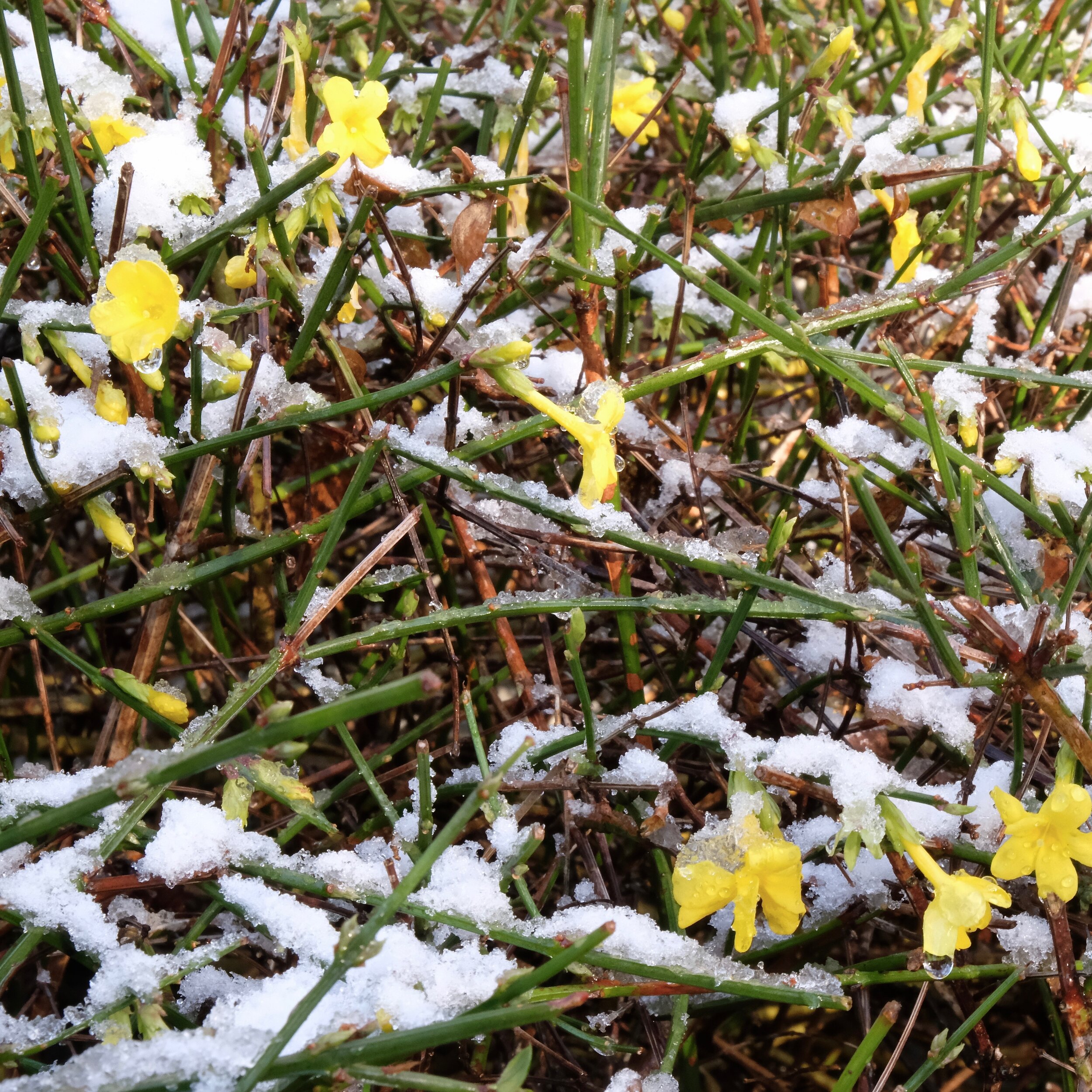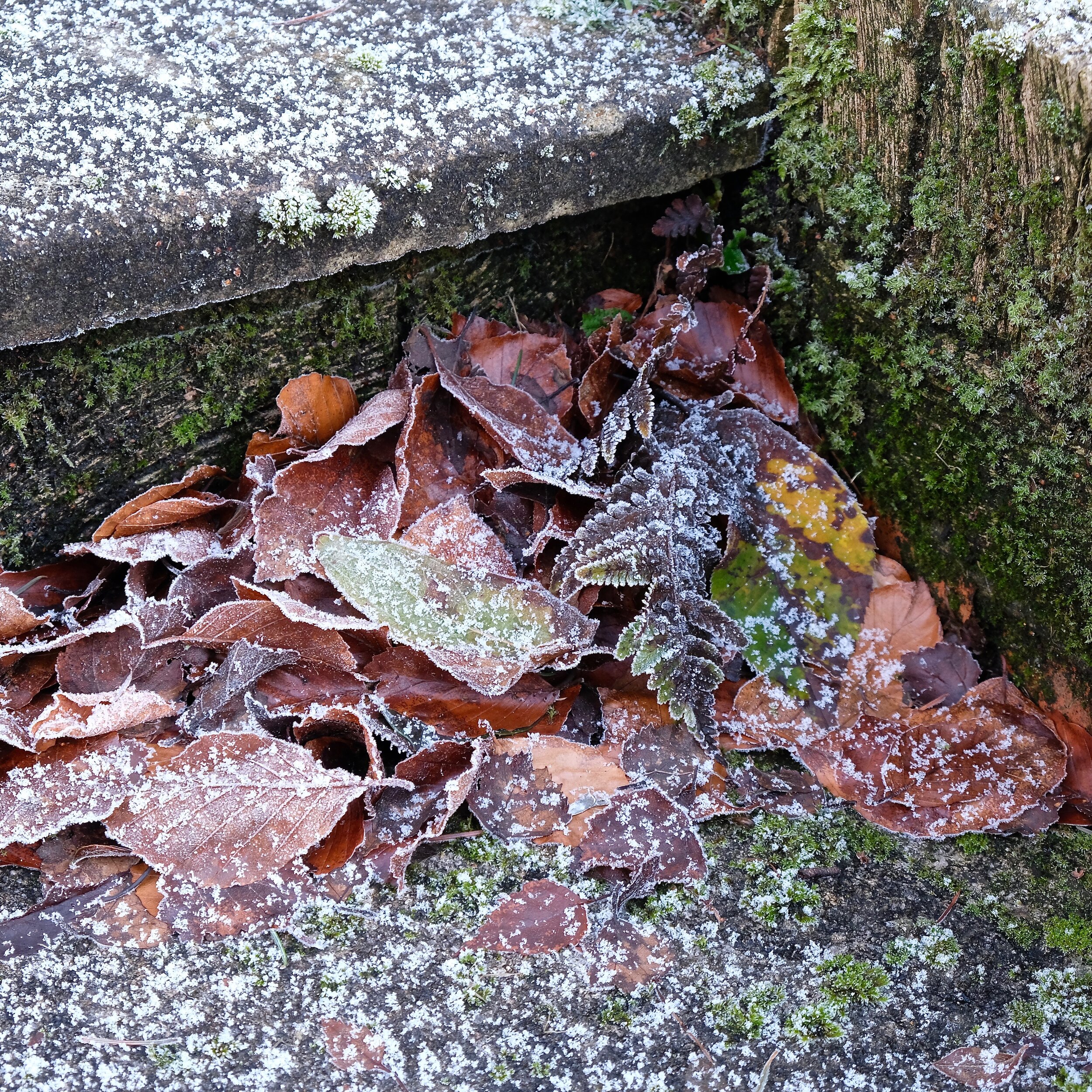Including the 200th anniversary of the death of Keats on 23rd February 1821
DECEMBER 2020
21st December, the shortest day of what seemed to be the longest year of loss and grief.
A sad and lonely time, restricted in travel, festivities and the warmth of reunions with friends and family.
I stumbled upon the concept of “Negative Capability”; an ability to tolerate uncertaintity, not knowing and accommodate negative as well as positive emotions, from which comes contentment.
DECEMBER 1817
22nd December - Keats, in a letter to his brothers, following a visit to a Christmas pantomime:
“ ... Negative Capability, that is, when a man is capable of being in uncertainties, mysteries, doubts, without any irritable reaching after fact and reason.”
December 3rd 11.40am
December 12th 15.45pm
December 28th 9.06am
December 24th 15.34pm
December 28th 16.06pm
December 29th 13.19pm
December 29th 13.30pm
December 30th 11.10am
December 30th 11.23am
JANUARY 2021
Frost and icy shadows on pools and soil; / Snow frosted onto the skeletons of trees.
Moments of warmth, thaw in the weak winter sun; / But frost returns and we fear for leaves and lives.
JANUARY 1818
When I have fears that I may cease to be / Before my pen has gleaned my teaming brain,
Before high piled books, in charactery, / Hold like rich garners the full ripened grain;
When I behold, upon the night’s starred face, / Huge cloudy symbols of a high romance,
And think that I may never live to trace / Their shadows with the magic hand of chance;
And when I feel, fair creature of an hour, / That I shall never look upon thee more,
Never have relish in the faery power / Of unreflecting love - then on the shore
Of the wide world I stand alone, and think / Till love and fame to nothingness do sink.
Keats: a sonnet composed between 22nd and 31st January
January 3rd 12.51pm
January 6th 14.52pm
January 7th 13.37pm
January 8th 12.01pm
January 8th 12.05pm
January 21st 15.15pm
January 21st 15.30pm
January 24th 14.57pm
January 24th 15.15pm
FEBRUARY 2021
Sun warms the frost and snow and throws up clouds above the hills,
Colours, bright and subtle, old and new, emerge to cheer a little.
Aptly, the weather weeps in sorrow on the day Keats died and yet,
Fresh growth appears despite damaged leaves and lives.
FEBRUARY 1818
O thou whose face hath felt the Winter’s wind,
Whose eye has seen the snow-clouds hung in mist,
And the black elm-tops ‘mong the freezing stars,
To thee the Spring will be a harvest-time.
Keats: in a letter to Reynolds on February 19th
February 1st 12.37pm
February 12th 13.06pm
February 12th 13.23pm
February 16th 13.23pm
February 22nd 13.16pm
February 22nd 13.31pm
February 22nd 14.03pm
February 23rd 14.42pm In Memoriam JOHN KEATS - “Here Lies One Whose Name Was Writ In Water”
February 26th 11.00am
February 26th 14.39pm
From: Endymion
A thing of beauty is a joy for ever:
Its loveliness increases; it will never
Pass into nothingness; but still will keep
A bower quiet for us, and a sleep
Full of sweet dreams , and health, and quiet breathing.
Therefore on every morrow, we are wreathing
A flowery band to bind us to the earth,
Spite of despondence, of the inhuman dearth
Of human natures, of gloomy days,
Of all the unhealthy and o’er darkened ways
Made for our searching: yes in spite of all
Some shape of beauty moves away the pall
From our dark spirits ...
Keats: published 1818
“…being in uncertainties, mysteries, doubts…”





























